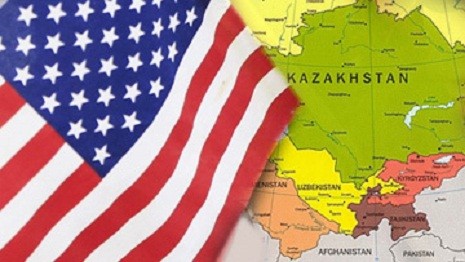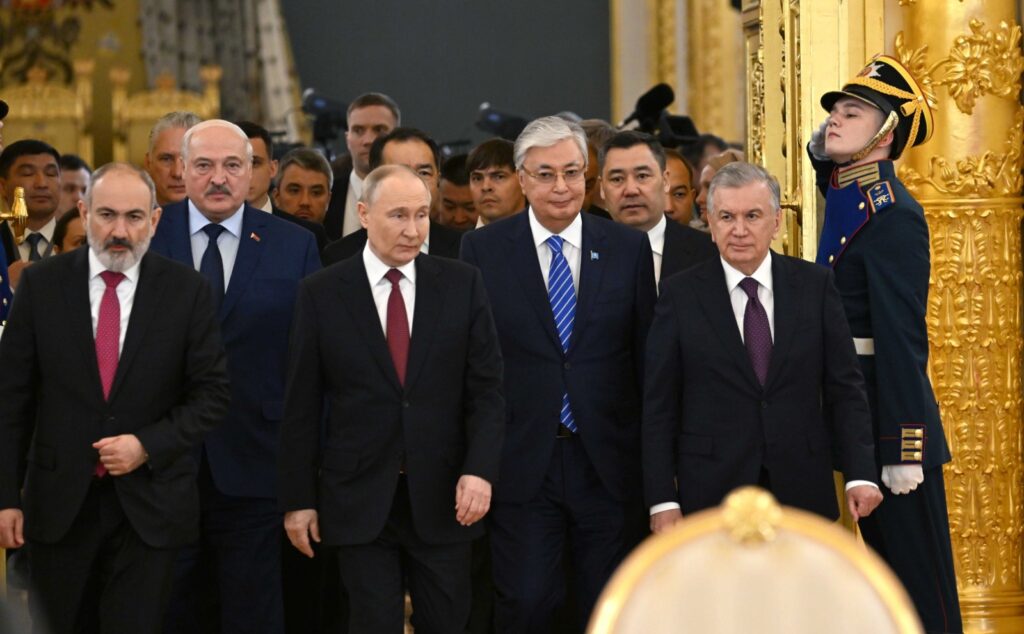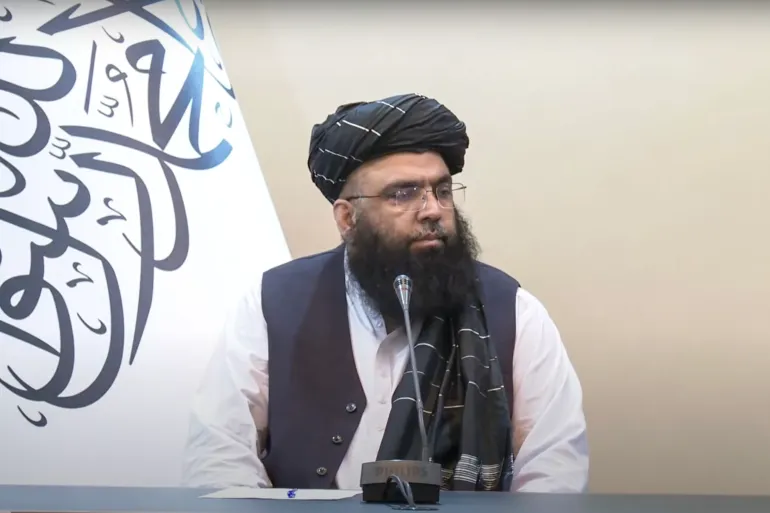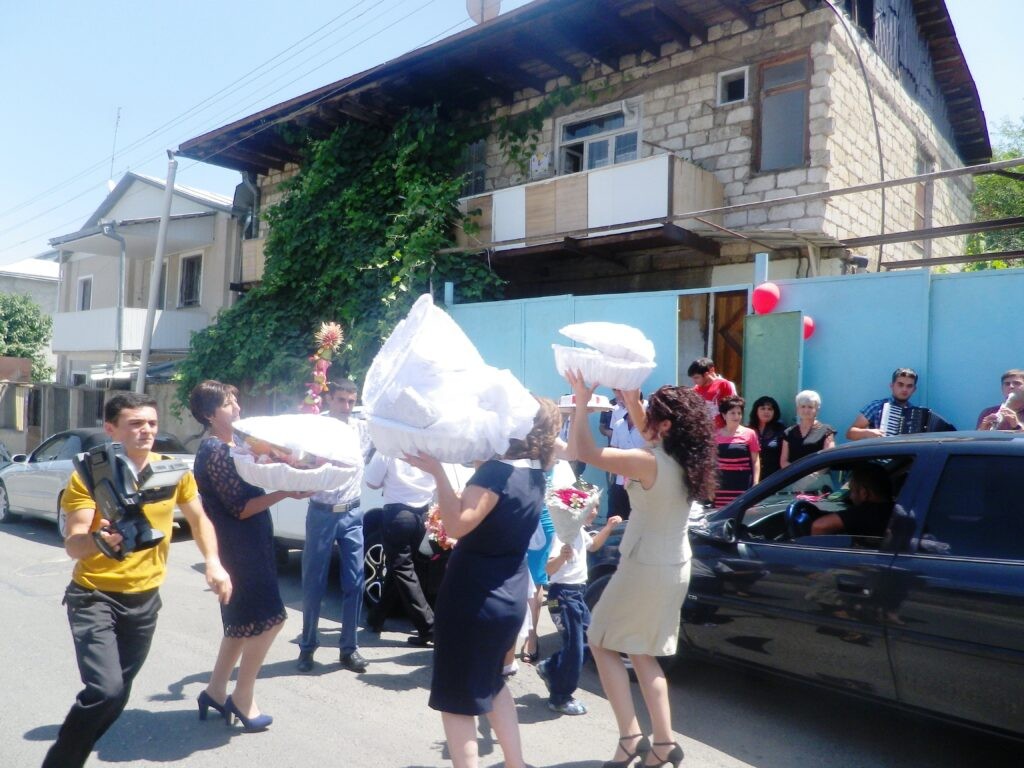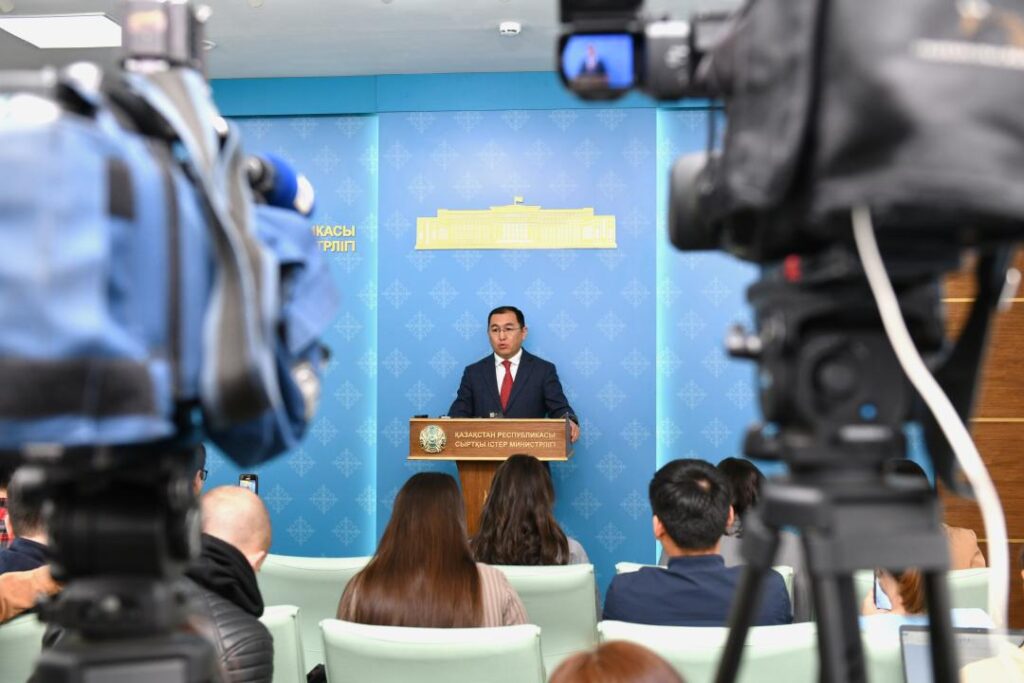USAID to Host 13th Central Asia Trade Forum in Kazakhstan
The U.S. Embassy in Kazakhstan has announced that preparations are well underway for the 13th Central Asia Trade Forum. Under the theme, ‘Trade Connections: Bridging Globally,’ the event will be hosted by U.S. Agency for International Development (USAID) in Almaty from 13 – 14 May. Since its inception, the Central Asia Trade Forum (CATF) has attracted the participation of over 10,000 government and business leaders from 25 countries in Central and South Asia, Europe, and the United States, and led to contracts worth over $32 million. This year’s event will focus on exploring new trade opportunities and overseas markets, as well as identifying and expanding the scope of regional trade. To this end, the forum will feature sessions on customs digitalization, transport and logistics, trade regulation (including regional trade agreements), World Trade Organization standards, and harmonization. Promoting the event, Luis A. Rivera, Regional Mission Director at USAID Central Asia, stated, “The forum’s success is its ability to attract policymakers, business leaders, and trade experts each year. Agreements made at the forum have expanded businesses, strengthened trade between Central Asian nations, and advanced economic growth in the region and beyond,” The accompanying trade fair, organized in partnership with Kazakhstan’s Ministry of Trade and Integration and Almaty Chamber of Commerce and Investment, with the participation of 40 companies from Kazakhstan, Kyrgyzstan, Tajikistan, Turkmenistan, and Uzbekistan, will showcase agricultural, textile, apparel, and food products. Other complementary events include a business-to-business expo to promote Central Asian products amongst global buyers, and a Kazakhstan-Pakistan Trade Fair. In the wake of the forum, business executives and officials from the five CA countries, will convene at the 11th Regional Meeting of the National Trade Facilitation Committees of Central Asian countries on 15 May, to discuss customs control, transport, phytosanitary certification, and veterinary border control.


